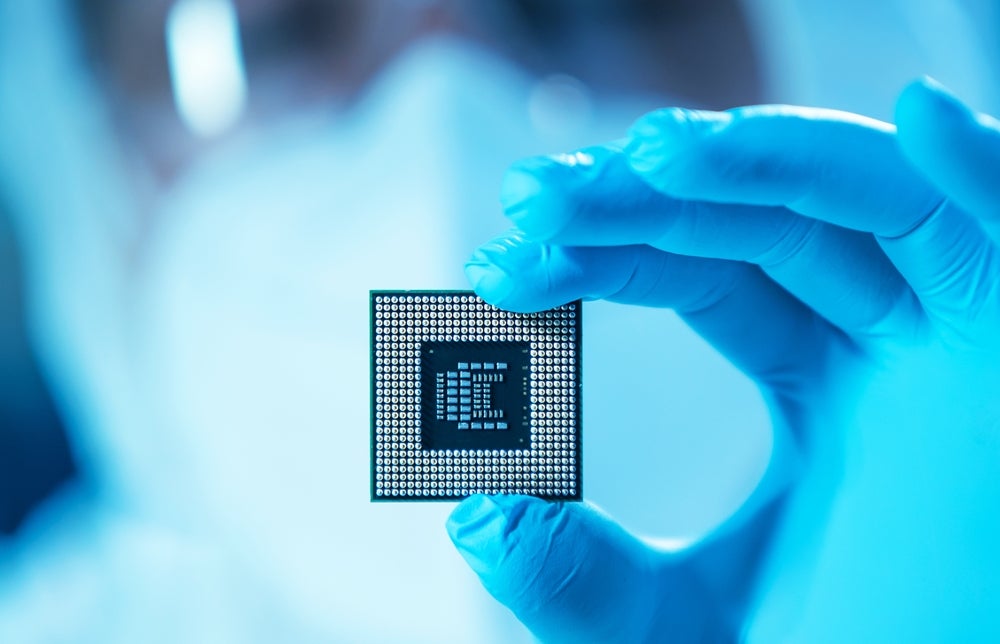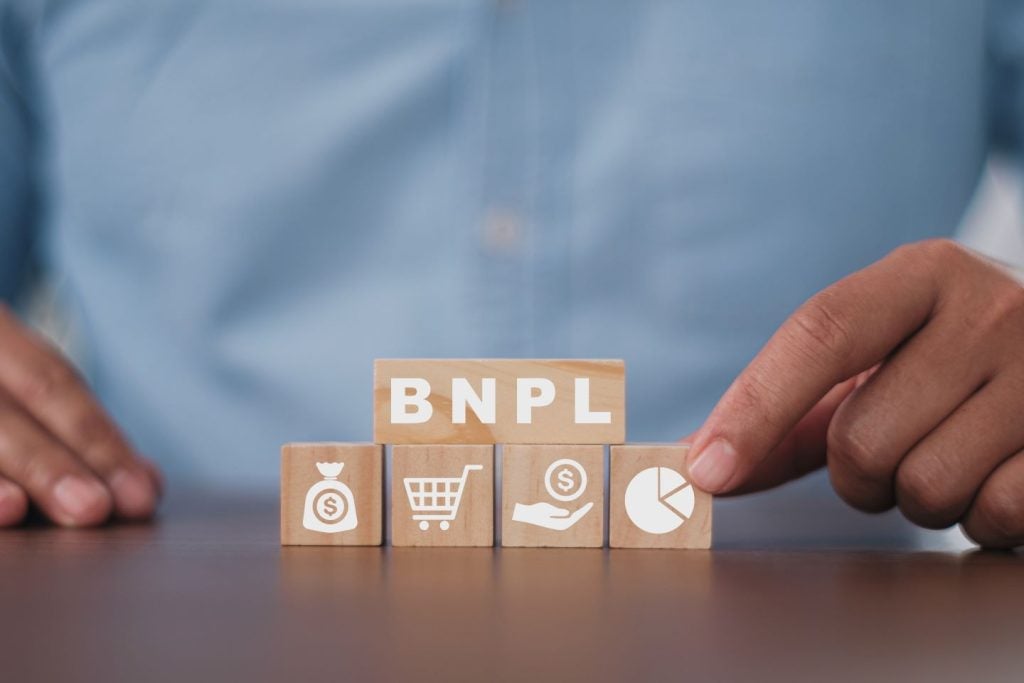
Each week, Verdict’s editors select a deal that illustrates the themes driving change in our sector. The deal may not always be the largest in value, or the highest profile. But we select it because of what it tells us about where the leading companies are focusing their efforts, and why. We pick apart the deal itself, and the industry theme behind it. This new, thematic deal coverage is driven by our underlying Disruptor data which tracks all major deals, patents, company filings, hiring patterns and social media buzz across our sectors.
The deal
South Korean chemical materials company SKC Group has acquired a 45% stake in semiconductor test equipment maker ISC in a deal reportedly worth over $400m.
Founded in 1953, the SKC Group is an established Chaebol – a dynastic business specific to South Korea – comprising 186 subsidiaries. The group is primarily involved in the chemical and energy sector but has a number of cross-sector business interests including owning South Korea’s largest wireless mobile phone service provider SK Telecom and SK Hynix, the world’s fourth largest chipmaker.
ISC is the world’s leading producer of semiconductor test sockets used for the post-manufacturing quality control process of integrated circuit chips. ISC’s clients include some of the world’s biggest chip makers including Samsung, NVIDIA, Intel and Broadcom as well as Big Tech firms including Google and Amazon.
Why it matters
ISC’s latest financial results reflect the demand for products and services around the global semiconductor supply chain. ISC reported revenues of $139m for the fiscal year ended December 2022, an increase of 23.6% over 2021, according to research analyst GlobalData. The company reported revenues of $36.3m for the first quarter ended March 2023, an increase of 38.8% over the previous quarter.
The growing requirement for advanced chips to fuel global AI development has led to burgeoning opportunities along the semiconductor supply chain. SKC’s acquisition demonstrates the company’s shift towards the growing area of chip testing and packaging.
How well do you really know your competitors?
Access the most comprehensive Company Profiles on the market, powered by GlobalData. Save hours of research. Gain competitive edge.

Thank you!
Your download email will arrive shortly
Not ready to buy yet? Download a free sample
We are confident about the unique quality of our Company Profiles. However, we want you to make the most beneficial decision for your business, so we offer a free sample that you can download by submitting the below form
By GlobalDataAs part of the SKC Group, South Korea’s second largest Chaebol after Samsung, SKC is never going to be short of funding to make ‘strategic’ investments, says GlobalData analyst Michael Orme. “This looks like such an investment given the amount invested and the specialty tech sector involved. All part of South Korea Inc’s drive to dominate the overall global semiconductor market by 2030,” says Orme.
According to GlobalData, Asian countries including South Korea will retain their dominance over the semiconductor global supply chain until 2030 despite efforts by Western economies to decrease their reliance on South Korean and Taiwanese chips.
Chip test sockets for semiconductors are a niche area of semiconductor manufacturing. Despite being a speciality area within the supply chain, test sockets and other such processes present significant commercial opportunities at scale. GlobalData estimates that the global market for chip test sockets will grow from $1.5bn with a compound annual growth rate of 5%-8% to $2.5bn by 2030.
Before a chip or chipset can be shipped it has to be suitably packaged to protect it against physical damage, corrosion, electromagnetic interference and the packaged entity then has to be tested. These sockets are essential for the final testing of the reliability of a packaged chip or chipset and measuring its electrical characteristics.
Advanced packaging is disrupting the chip industry, according to Orme. "The sustainability of Moore’s Law over the next half decade or so will partly depend on the development of advanced packaging," he adds.
The detail
SKC is purchasing a 35.8% stake worth $272m from ISC’s largest shareholder Helios Private Equity, a Seoul-based investment firm. SKC will also buy ISC shares worth $137m, the company said in a regulatory filing.
The economics of the deal demonstrate that the acquisition strategy is about shifting business focus rather than commercially driven. “I can’t imagine that this is primarily a commercial investment,” says Orme. The company would expect to see a minimal return on the $400m invested in the deal as this figure equals around 40% of the total global market for semiconductor testing sockets.
SKC Group CEO Woncheol Park reportedly said during the company’s Investor Day in early July that the company plans to invest over $3.9bn (5tn won) in three growth sectors – secondary batteries, semiconductors and eco-friendly items – with a view to reaching sales of $6.23bn (7.9tn won) by 2025 and $8.67bn (11tn won) by 2027.







